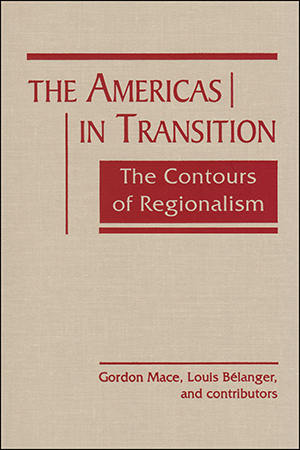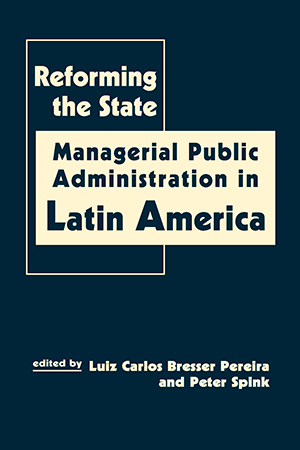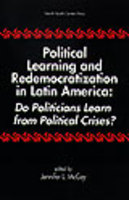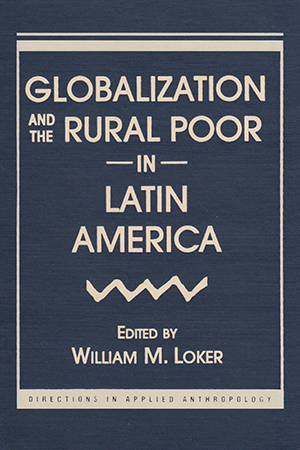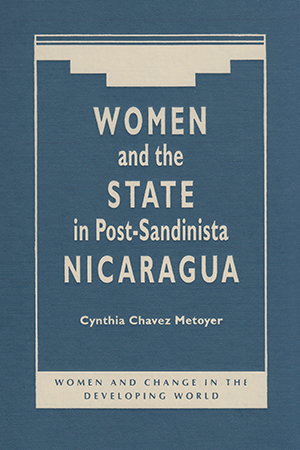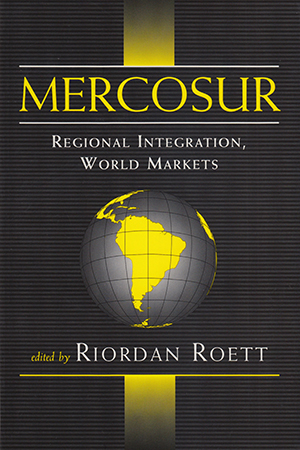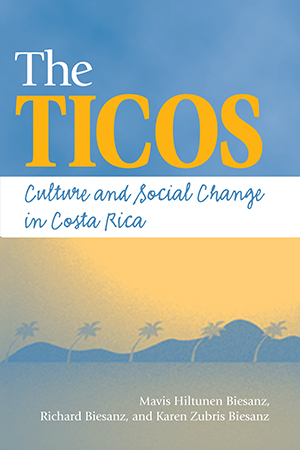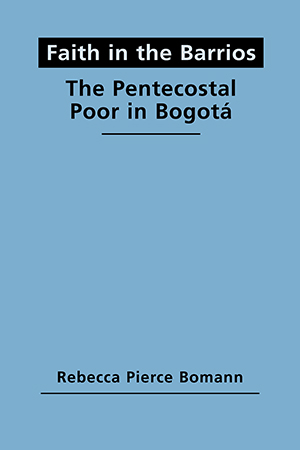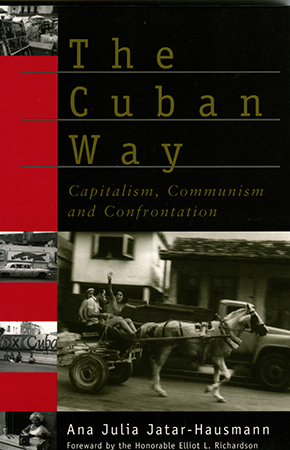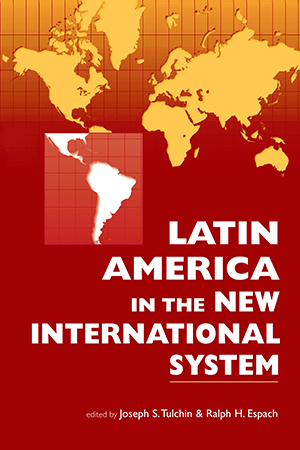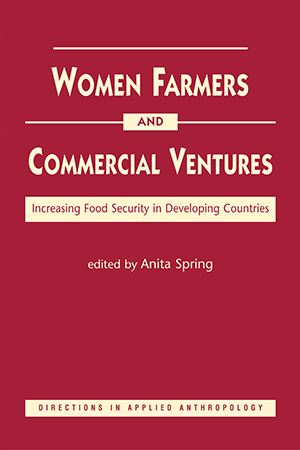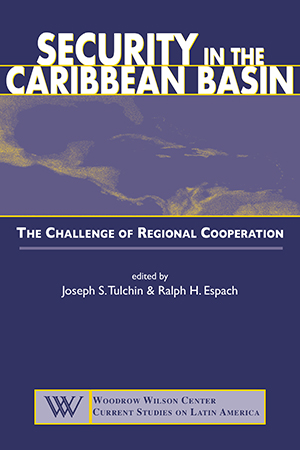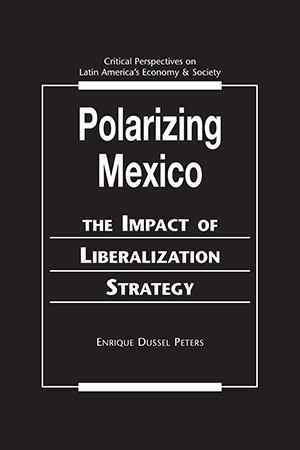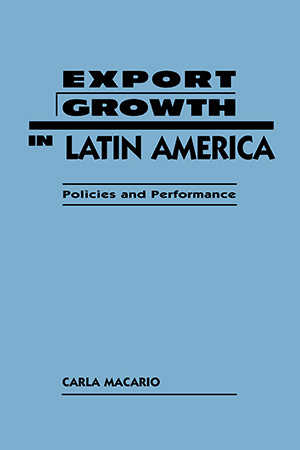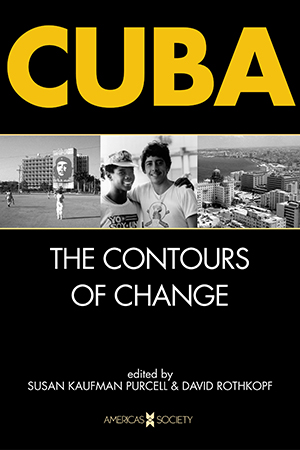Latin America and the Caribbean
The FTA, MERCOSUR, the Enterprise for the Americas Initiative, NAFTA, the Summit of the Americas—do these constitute building blocs in the construction of a new regional system? This More >
Neoconservative proposals for a minimal state notwithstanding, it has become increasingly clear in Latin America (and elsewhere) that the state must in fact be strengthened and the civil More >
Intrigued with the question of how societies adopt norms, institutions, and rules associated with liberal democracy, the contributors to this volume examine how political actors in Latin More >
With global sociopolitical and economic change contributing to an accelerating crisis in Latin America’s rural communities, rural residents are responding creatively with a range of More >
After winning a stunning and decisive victory in Nicaragua’s 1990 presidential election, Violeta Chamorro reversed much of the social and economic policy enacted by the previous More >
This timely volume describes the origins of Mercosur, South America’s dynamic and successful regional integration project, as well as the issues still to be tackled regarding the trade More >
This unparalleled social and cultural history traces the development of Costa Rica's culture and institutions. With the perspective of more than half a century of first-hand More >
The Pentecostal Poor offers a rich and powerful perspective on evangelicalism in the barrios of Latin America, exploring conversion and subsequent commitments to faith in an unstable More >
Combining historical narrative, statistics, and stories of survival behaviors in everyday life, Ana Jatar-Hausmann offers an analysis of economic policies and trends in socialist Cuba at the More >
Placing Latin America in the context of debates on economic globalization and the dramatically changing nature of the international system, this volume offers the perspectives of scholars More >
Women around the world are entering commercial agriculture—and often succeeding—despite development policies designed to exclude them. In this comparative volume, case studies More >
Since the end of the Cold War, the security environment of the Caribbean Basin has dramatically changed from the containment of communism to a series of transnational threats—drug More >
Since the end of the 1980s, structural changes have profoundly altered Mexico's economy and society. But has the outcome been a positive one? Dussel Peters argues that liberalization More >
Although Latin American and Caribbean countries have assigned a high priority to increasing exports in recent years—substantially transforming their economies in the More >
Though few observers dispute that change is coming to Cuba, there is a notable lack of consensus regarding the pace and direction of that change. The authors of this collection offer a range More >



